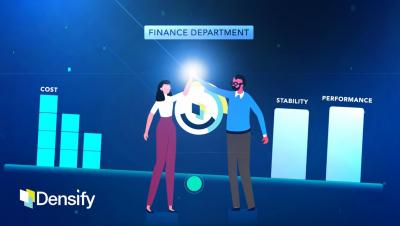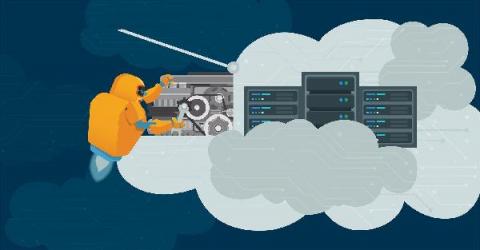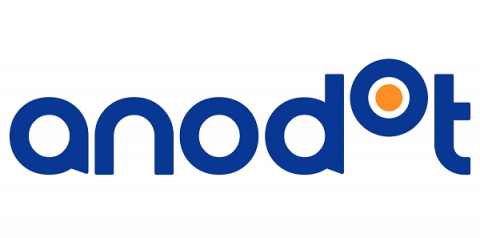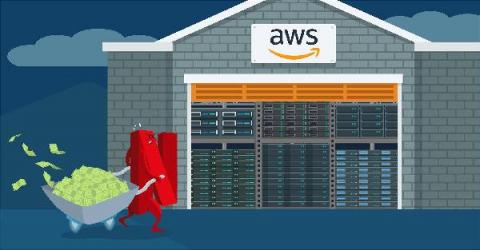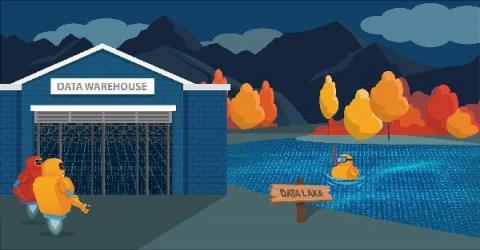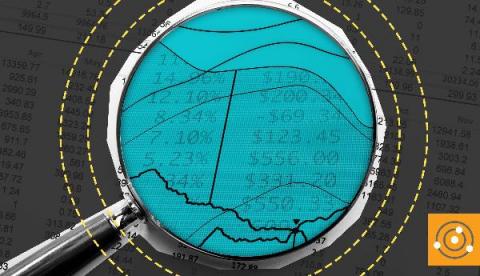Cloud Governance Explained: How To Create An Effective Governance Strategy
One of the biggest benefits of the cloud is that it gives engineering teams the freedom to deploy and iterate applications quickly. Unlike traditional IT environments where engineers require a series of approvals before embarking on projects, in the cloud, engineers can choose from several managed services and deploy them at the click of a button. This means your team can innovate faster and respond quickly to market demands.



